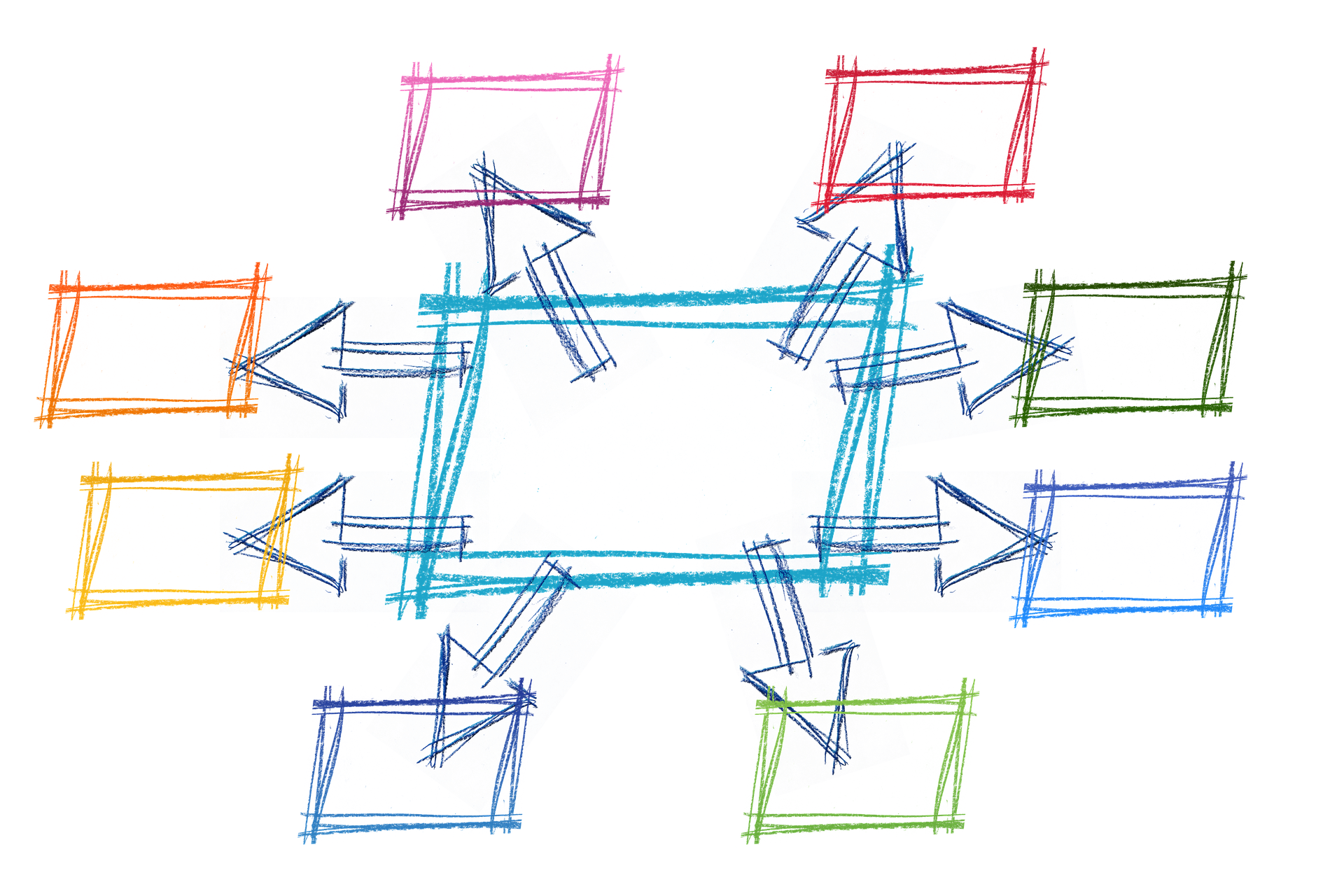About
About the project
In a classroom, it is often difficult to get students involved in the discussion, both with peers and the teachers. This also means that students rarely can raise their voice, discuss, or enhance their analytical and social skills in an academic environment. There have been many initiatives to overcome this challenge. Educational technology and collaborative work are amongst these, and both have proven to be effective. Educational technology has the advantages of involving students, raising engagement and motivation, enhancing peer learning, and ensuring easy diagnosis for the student groups when used correctly. It also provides the lecturer with possibilities of facilitating the usage of EdTech, gives immediate feedback to the group, and it should be easy to integrate into existing lectures. Collaborative work has the advantages of enhancing social skills, redirecting educational and social strategic goals for the students, and improving the learning environment. iLikeIT2 wants to combine all these advantages and develop an online application with appropriate methodological guidelines that enables lecturers to organize students easily and time-efficiently into groups and receive responses from all participating students. The students will discuss the teacher’s task with peers and try to agree upon a solution. This answer will, in turn, be submitted and the object of plenary discussions facilitated by the teacher. iLikeIt2 will be a variation of the traditional group work, where anonymity and written language will be emphasized more than physical contact and verbal expressions.
This will be achieved through research-based approaches, redeveloping an existing tool, and providing all outcomes for free to all interested parties. The Consortium, consisting of five partners from Norway, the UK, Italy, Spain, and Greece, with strong networks both in higher education, lower levels of the school system, and the VET sector, has extensive expertise and international experience projects. The scrum management method implemented in the project is to ensure that all partners can utilize their internal strengths. Moreover the project especially targets Higher Education Institutions, mainly because the challenges with collaborative work are greater when there are larger groups and a conservative academic tradition. Still, the project develops universal methodology and tools that can easily be adapted to other educational and entrepreneurial sectors.
The project will produce real results that can be used and implemented directly during and after the project’s end. The main results will be a functioning prototype of a response tool that will include randomizing groups, requesting feedback, and manipulating results directly after the voting ends. It is also necessary to sustain the system and make the impact higher. The development will include technical specifications and an adoption strategy to disseminate further and maintain the results. However, technology is nothing without methodology, and the consortium will direct their main effort towards making guidelines and a pedagogical strategy for making the software useful for teachers and students.
The project activities include research to validate the outcomes, pilots of parts and/or the whole output, and multiplier events to disseminate. Also, the development and testing of the new software will be ongoing for the entire period. iLikeIT2 has excellent potential for impacting Europe and in many different sectors of the Educational System. It will be beneficial for all institutions providing education, no matter the size of groups, and will contribute to a change in how we do collaborative work with student groups.

